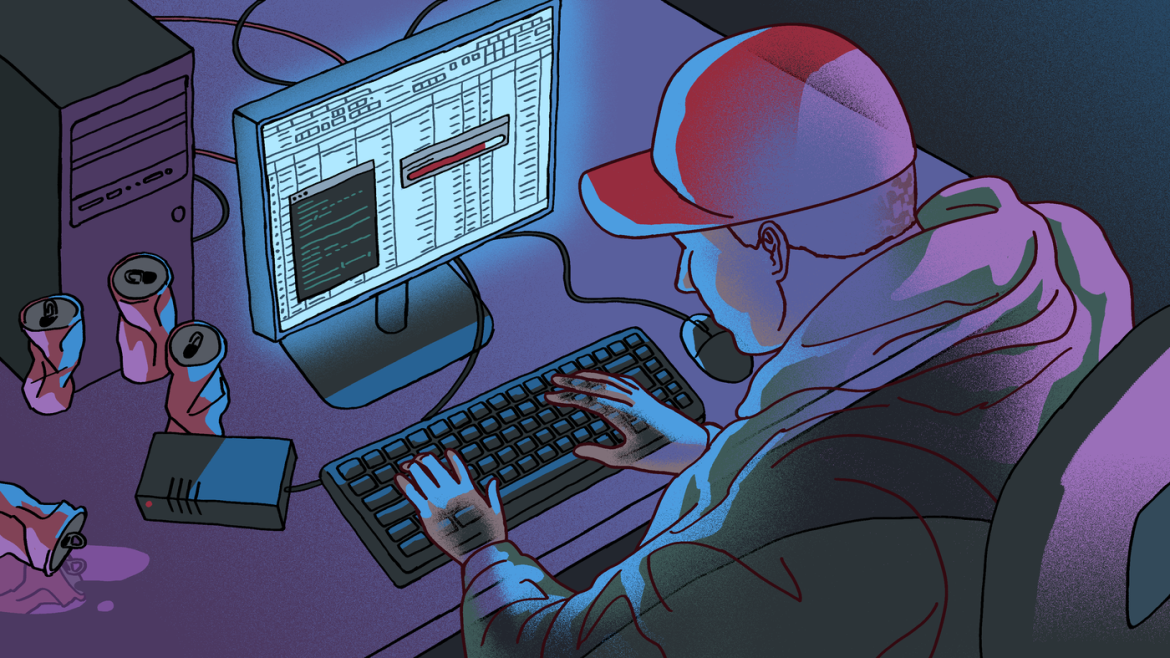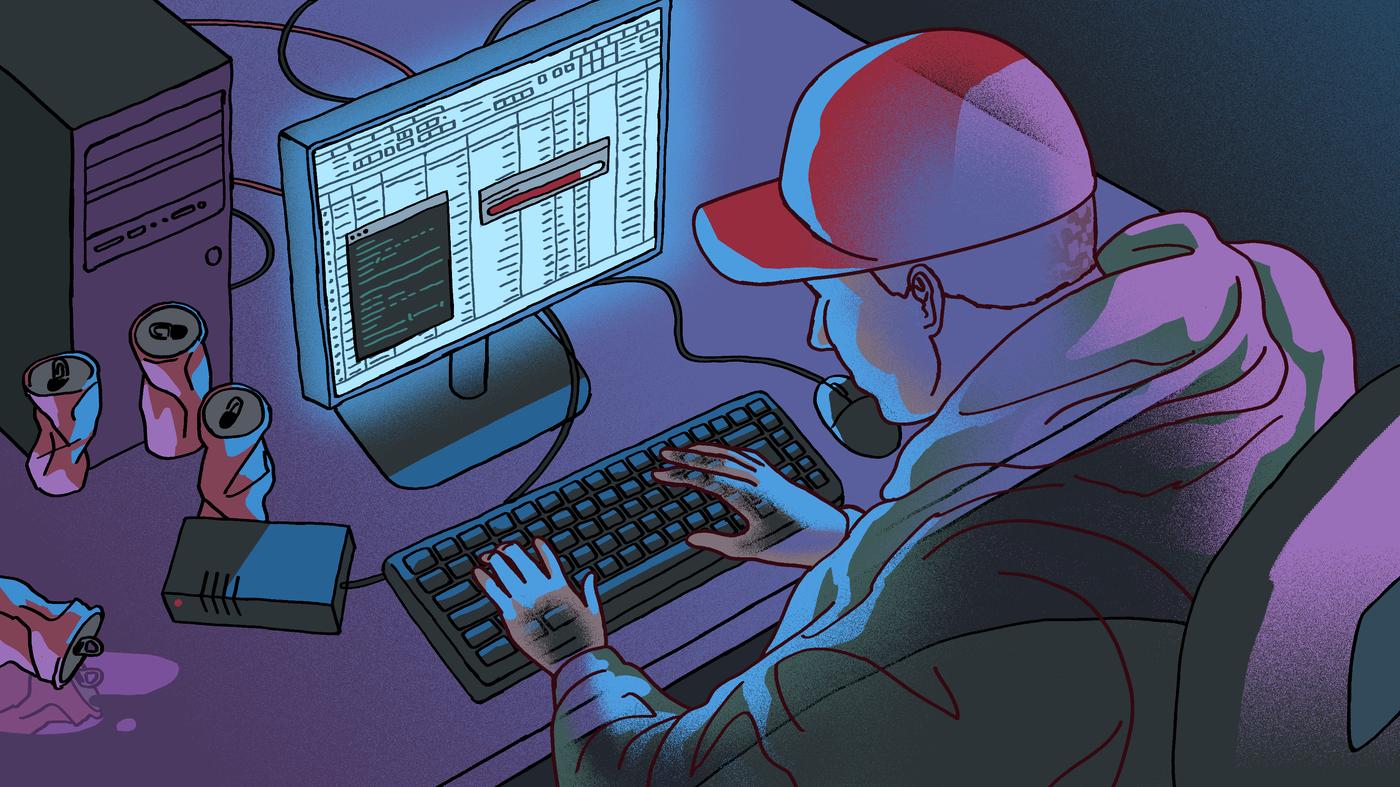Examination of Allegations Surrounding DOGE’s Access to Sensitive NLRB Data and Congressional Investigations
The recent swirling controversy involving the Department of Government Efficiency (DOGE), a unit linked to Elon Musk, and its access to sensitive labor data housed by the National Labor Relations Board (NLRB) has attracted sustained and escalating scrutiny from top House Democrats. Multiple whistleblower claims and investigative reports have triggered calls for congressional inquiry, independent agency oversight, and transparency from involved parties, notably Microsoft and DOGE-affiliated technology staffers. This analysis delves into the allegations, the political dynamics, and the cybersecurity implications surrounding the matter.
Background and Emergence of Whistleblower Allegations
At the core is a whistleblower disclosure submitted by a technology employee named Daniel Berulis within the NLRB, alleging that DOGE staffers may have intentionally extracted sensitive labor-related data from the agency’s systems and obfuscated the activity. The whistleblower has communicated these concerns both to Congress and to NPR, pointing to bespoke code reportedly developed by a DOGE engineer that appears tailored to “remove data” from the NLRB.
The allegations suggest a scenario whereby data transfer was not just incidental but potentially clandestine, raising alarms about privacy law compliance, data governance, and data security protocols. This data may include personally identifiable information (PII) and other sensitive records entrusted to the NLRB for regulatory purposes.
Congressional Responses and Demands for Scrutiny
Leading figures in the House Democratic caucus, such as Rep. Gerry Connolly (D-Va.), Rep. Jamie Raskin (D-Md.), and members of the House Oversight and Judiciary Committees, have taken definitive actions in response to emerging information. These actions include:
– Submitting a written Freedom of Information Act (FOIA) request targeting full disclosure on the nature and scope of DOGE’s operations, especially related to data access at the NLRB and potentially the Department of Labor (DOL).
– Requesting Microsoft’s cooperation to examine a DOGE staffer’s GitHub account, suspected to hold the bespoke code implicated in removing or manipulating the data.
– Instructing independent agency Inspectors General at both the Department of Labor and the White House to conduct thorough investigations into the technological and operational dynamics enabling DOGE’s access and data handling.
– Raising concerns that DOGE’s activities may be operating “outside the bounds of federal law,” particularly concerning privacy act violations and cybersecurity risks.
– Coordinating with the Congressional Labor Caucus and other Democrats to pressure NLRB and related agencies for responsive measures addressing the whistleblower’s claims.
The tenor of these responses underscores an urgency to determine if the technologies deployed by DOGE conform to privacy regulations, agency protocols, and federal statute, or conversely if they constitute unauthorized access or inappropriate use of government data.
Technological and Cybersecurity Concerns
Central to the criticism is the possibility that the DOGE unit, under Musk’s direction, may have designed and implemented software tools—conceived and deployed by engineers potentially linked to Microsoft’s Azure environment—that facilitated both the extraction and obfuscation of sensitive data.
Key points include:
– The use of “bespoke code” reportedly written to remove or transfer NLRB data in ways that may have hidden digital footprints, thus complicating auditing and oversight.
– Reports that agency records were uploaded to Microsoft’s Azure cloud platform without sufficient safeguards, amplifying fear of data leakage, unauthorized data sharing, or exposure to AI systems that may not be adequately vetted for secure handling of PII.
– Broader concerns among Democrats about the privacy implications of feeding sensitive government data into external AI or cloud systems, which may be inadequately controlled.
– The potential “technological backdoors” or mechanisms that could have circumvented standard data governance, raising red flags about cybersecurity vulnerabilities affecting federal agencies.
The alignment of whistleblower claims, investigative journalism, and congressional probes reveals a complex matrix where cutting-edge technology intersects with governance, accountability, and privacy frameworks.
Political and Institutional Context
DOGE’s involvement in multiple federal agencies, including the NLRB and possibly the DOL, situates this controversy at the nexus of administrative authority, privatized technological innovation, and democratic oversight.
Points of context include:
– DOGE’s origin and elevation in the Trump administration and how its mandate or operational methodologies may have shifted under the Biden administration and Musk’s influence.
– How agency career officials have responded to DOGE’s data access, with White House officials indicating some level of career employee access to similar datasets, potentially diffusing direct accountability.
– The partisan dynamics influencing media coverage and congressional inquiries, with Democrats asserting stringent investigatory posture while assessing safeguards around government data.
– The broader societal debate on innovation in government digital services versus the imperative to uphold privacy rights and cybersecurity integrity.
Conclusions: Navigating Uncertain Terrain Between Technocracy and Oversight
The unfolding narrative around DOGE’s access to sensitive NLRB data accentuates the growing pains and risks of integrating advanced technological operations within government frameworks. Whistleblower allegations, corroborated by investigative reporting and congressional interest, highlight vulnerabilities in protecting labor data, safeguarding privacy, and ensuring that the deployment of innovative government efficiency units does not undermine fundamental legal and ethical standards.
As investigations proceed, transparency on the technical details of DOGE’s code and data management practices, along with a recalibration of data governance policies, will be critical to restore confidence. The case serves as a cautionary tale illustrating how novel digital infrastructures in government demand robust oversight mechanisms to prevent the inadvertent erosion of citizens’ data rights and agency accountability.
Lasting Implications and Future Directions
The significance of this scrutiny transcends the immediate accusations. It compels federal agencies, lawmakers, technologists, and private partners to rethink:
– How bespoke coding projects are reviewed and monitored within government contexts.
– The boundaries and legislative frameworks governing data sharing and technological innovation in federal operations.
– The safeguards necessary to secure PII when utilizing third-party cloud services and AI platforms.
– The protocols ensuring whistleblowers’ grievances translate into effective corrective actions mitigating privacy breaches.
In navigating these challenges, the federal government’s approach to balancing innovation with accountability will shape the integrity and public trust in the digital governance landscape for years to come.


